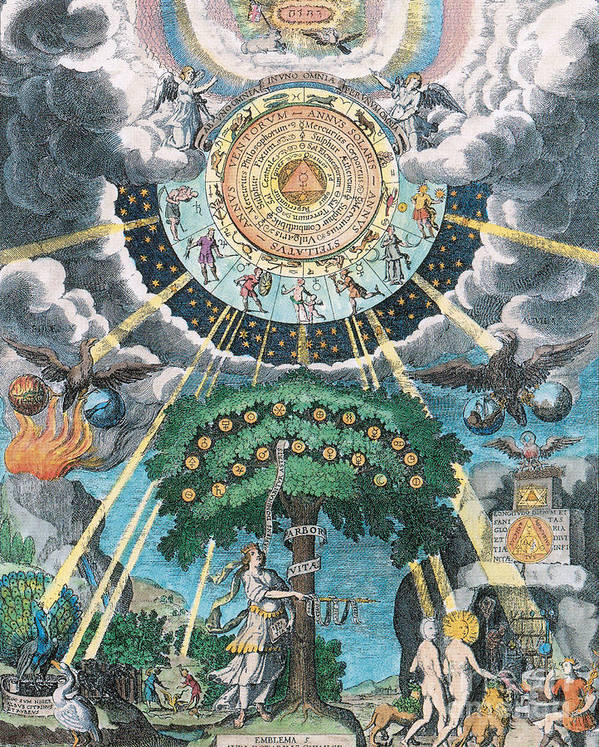
The Arabian Nights is a fascinating collection of folklore with a rich & enthralling history. The history and discourse around the translation of the Nights is also incredibly fascinating. In this thread I will share a bit about each of the main translators! #FairyTaleTuesday 1/ 

First, it is important to note that there are two main versions of the Arabian Nights: the Syrian & the Egyptian. The Syrian manuscripts are much shorter, but older & more "authentic." The Egyptian manuscripts are much longer with many more tales added later. #FairyTaleTuesday 2/ 

Antoine Galland was the first translator of the Arabian Nights to bring it to a Western audience, and was the one who popularized it in the West. I have already made a mini-thread about him, which you can view below. #FairyTaleTuesday 3/
https://twitter.com/FemboyFolklore/status/1415208067814199301?s=19
Another French translator was Dr. Joseph Mardrus, who claimed to translate from a "Tunisian manuscript" which was later determined to be just a mix of the Syrian & Egyptian manuscripts. His translation, while definitely colorful, was not very faithful. #FairyTaleTuesday 4/ 

It has been described that Dr. Mardrus translated the images of the Nights, rather than the actual text, heavily embellishing as he pleased. His translation contrasts sharply with Galland, who tended to cut and sanitize rather than embellish. #FairyTaleTuesday 5/ 

Edward Lane translated the Egyptian manuscript of the Arabian Nights into English. His objective was to present it as a sort of "travel guide" to Arab culture, writing copious notes. However, Lane was heavily influenced by his own culture when editing. #FairyTaleTuesday 6/ 

Lane cut many parts of the Arabian Nights in his translation because he viewed them as "indecent," uninteresting, repetitive, or inaccurate to his idea of Arab culture. Aside from cuts & edits on grounds of "decemcy," Lane's translation is rather accurate. #FairyTaleTuesday 7/ 

Richard Francis Burton took many liberties with his translation, and translated against Lane, being a fierce critic of his work on the grounds of its style, omissions, and its arbitrary division of the stories into chapters rather than nights. #FairyTaleTuesday 8/ 

While Lane tried to appeal to the sensibilities of English gentlemen, Burton embellished & highlighted the aspects that were most objectionable in order to paint the picture that he wanted. His version is colorful, highly embellished, & full of Orientalism. #FairyTaleTuesday 9/ 

In fact, Burton embellished so much that his translation became viewed as "esoteric pornography" and caused a huge scandal and public debate. His wife, Isabel Burton, ended up editing a sanitized version of his translation aimed particularly towards women. #FairyTaleTuesday 10/ 

Andrew Lang translated the most edited version on this list, for the reason the he adapted the stories specifically for children. Lang translated Galland's French translation into English and removed any content deemed inappropriate for children. #FairyTaleTuesday 11/ 

Husain Haddawy is a more modern translator of the Arabian Nights and his is the one I recommend the most highly. He translates from the Syrian manuscript and makes no cuts. His translation is readable, interesting, accurate, and faithful to the original. #FairyTaleTuesday 12/ 



Gustav Weil translated the Arabian Nights into German. His translation carefully preserved or supplemented “the Oriental style.” It is decently accurate with some omissions, removing some things that would have been considered indecent but not everything. #FairyTaleTuesday 13/ 

Another German translator of the Arabian Nights is Max Henning. His translation has been heavily criticized for inaccuracy and poor stylistic choices, although it is a very extensive translation. #FairyTaleTuesday 14/ 

Enno Littman is another German translator that is regarded as completely frank with no omissions. His translation is rather accurate and follows respiration local to Arabic, but the style has been criticized as being uninteresting. #FairyTaleTuesday 15/ 

I hope you enjoyed reading about the translators of the Arabian Nights! Here is a more detailed essay I wrote about them. Below I will link sources, more recommended readings, & where to read some of the translations. 16/
My essay: docs.google.com/document/d/1S9…
My essay: docs.google.com/document/d/1S9…
The Translators of the Arabian Nights- Borges drive.google.com/file/d/1bfCd0r…
"Esoteric Pornography"- Colligan drive.google.com/file/d/1cAcfyj…
The Thousand and One Nights- Borges drive.google.com/file/d/1c34dbZ…
The "Greeking" of Sindbad- Iveniuk drive.google.com/file/d/1bwzq50…
17/
"Esoteric Pornography"- Colligan drive.google.com/file/d/1cAcfyj…
The Thousand and One Nights- Borges drive.google.com/file/d/1c34dbZ…
The "Greeking" of Sindbad- Iveniuk drive.google.com/file/d/1bwzq50…
17/
The Arabian Nights in Historical Context: Between East and West Introduction drive.google.com/file/d/1c4pWq7…
Burton translation (volume 1) drive.google.com/file/d/1dEf97r…
Lane translation (volume 1) babel.hathitrust.org/cgi/pt?id=njp.…
Lang translation/edition google.com/url?sa=t&sourc…
18/
Burton translation (volume 1) drive.google.com/file/d/1dEf97r…
Lane translation (volume 1) babel.hathitrust.org/cgi/pt?id=njp.…
Lang translation/edition google.com/url?sa=t&sourc…
18/
Images:
1- Hans Zatzka
2- Kay Neilsen
4- Paul-Charles Delaroche
5- Kay Neilsen
6- Richard James Lane
20/20
1- Hans Zatzka
2- Kay Neilsen
4- Paul-Charles Delaroche
5- Kay Neilsen
6- Richard James Lane
20/20
@threadreaderapp unroll pls
• • •
Missing some Tweet in this thread? You can try to
force a refresh




















